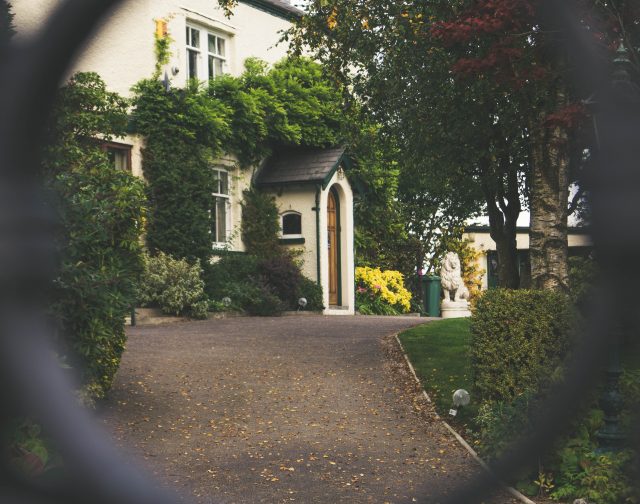Most often, when we are looking to get a mortgage or a renew a mortgage, our biggest concern is the interest rate.
While the interest rate does determine how large your payments are and the cost of borrowing the money for your property, there are several other important factors to consider that can have a significant impact on your costs associated with the mortgage.
Here are the five questions that you should ask when evaluating a mortgage:
1. Is the mortgage portable?
If you decide to move, sell your home and buy another house or condo, you can take your mortgage with you if it is portable. Only some mortgages are portable and the stipulations are different depending on the lender and type of mortgage you have. Certain portable mortgages don’t require you to have to re-qualify in the future and I think those are the best ones. When you move it may be due to a life change like becoming a self-employed or going on maternity leave, which changes your financial status and you might not be able to qualify for a mortgage. Some of the best mortgages in my opinion include being able to port it without needing to re-qualify.
2. Is there a penalty fee if you break the mortgage?
When you first get a mortgage, you’re not usually thinking about selling the property in the future, but there are times when you sell a property and if the mortgage isn’t portable, you’ll have to break it! Most banks charge a breakage fee, the amount you’ll be charged and the leniency can vary from bank to bank. For example I’m selling two rental properties both within 1 month of the mortgage term coming to an end. The mortgages are from different banks and one bank isn’t charging a fee while the other is charging me over $1000!
3. Is the mortgage fixed or variable?
There are two types of mortgages, fixed and variable and they each have advantages. A fixed mortgage is for a set duration of time …like a one, two or five-year term and you have fixed payments. You will pay the same amount of money every month and you aren’t impacted if interest rates go up or down.
A variable mortgage is a little different in that it is based off the prime rate, so it goes up and down with the fluctuations of the prime rate. That means the amount you pay each month will not be the same. You will benefit if interest rates go down but you can’t be sure that they will. There are some other benefits as they typically have smaller breakage fees.
I’m not suggesting that one is better than the other just that you need to understand which one you’re getting and what its implications are.
4. What are the pre-payment privileges?
Most mortgages have some form of pre-payment privilege, which means that if you want to make extra payments towards your loan you can. I know it might seem crazy that you can’t just pay off as much as you want, but, don’t forget the banks are in the business of making money through the interest they charge you. Pre-payment privileges are usually explained as a percentage of your original loan that you are allowed to pay every year to reduce your overall mortgage. You may be able to pay 5%, 10% or 15% of your original loan each year either by making your monthly payment larger or a lump sum.
5. Is the equity automatically being allocated towards a Home Equity Line of Credit?
It is becoming increasingly popular to find mortgages where the equity building inside your property becomes available to the homeowner via a Home Equity Line of Credit (HELOC). When you take money from a HELOC you are essentially borrowing money from yourself and you can often have a very low interest rate. You’ll just want to exercise restraint, because you don’t want to waste your equity frivolously on shoes and vacations. I personally believe that the best way to use your HELOC is as a down payment on an investment property.
Mortgages have lots of complex nuances so you’ll want to ensure you understand the pros and cons of all of your options before deciding which one is right for you. You may discover that the mortgage with the lowest interest rate may not be your best choice.



This was a great read and a lot of things on the list that I never considered before! I’m in the market of buying a home for investment purposes later and this really helped me!